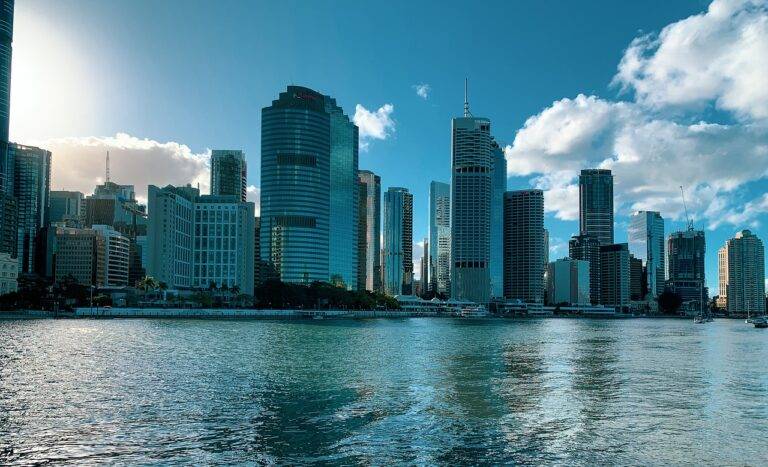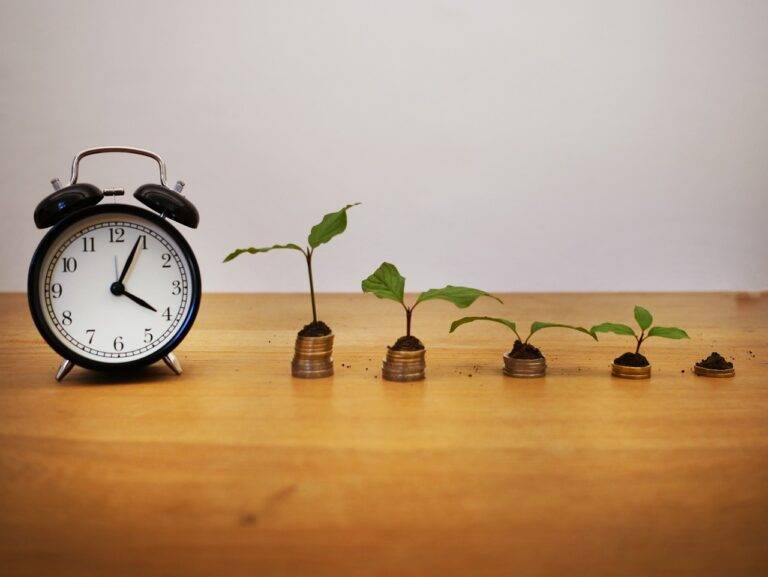Exploring the Potential of Biodegradable Packaging
Biodegradable packaging plays a crucial role in reducing the environmental impact of waste generated from conventional packaging materials. By opting for biodegradable alternatives, we can significantly decrease the amount of non-biodegradable waste that ends up in landfills or oceans. This shift towards biodegradable packaging is essential in combating the ever-increasing global waste crisis, as it helps to minimize pollution and protect the ecosystem.
Moreover, the use of biodegradable packaging helps to conserve natural resources and reduce the carbon footprint associated with traditional packaging production processes. As biodegradable materials break down naturally into the environment without causing harm, they contribute to a more sustainable approach to packaging and waste management. Embracing biodegradable packaging not only aligns with eco-conscious consumer preferences but also promotes a more harmonious relationship between human activities and the planet.
Benefits of Using Biodegradable Packaging
Biodegradable packaging offers a sustainable solution to the environmental issues posed by traditional packaging materials. By using biodegradable packaging, businesses can significantly reduce their carbon footprint and contribute to a healthier planet. This type of packaging decomposes naturally, minimizing the amount of waste that ends up in landfills and oceans, thus helping to protect wildlife and ecosystems.
Moreover, biodegradable packaging is often made from renewable resources, such as corn starch or sugarcane, making it a more eco-friendly option compared to petroleum-based packaging. Not only does this support the reduction of greenhouse gas emissions, but it also helps conserve finite fossil fuel resources. Additionally, biodegradable packaging can enhance a company’s brand image by showcasing its commitment to sustainability and responsible environmental practices.
Types of Biodegradable Packaging Materials
Biodegradable packaging materials come in various forms, each offering unique advantages for eco-conscious consumers and businesses. One common type is biodegradable plastic, which is made from plant-based sources such as corn or sugarcane. These plastics break down naturally and do not contribute to the accumulation of harmful microplastics in the environment.
Another popular option is compostable packaging, which is designed to decompose quickly and fully in industrial composting facilities. Materials like compostable paper and cardboard are excellent choices for food packaging and other single-use items. Additionally, biodegradable foam packaging made from materials like cornstarch offers a lightweight and sustainable alternative to traditional polystyrene foam. Choosing the right type of biodegradable packaging material can help reduce waste and minimize environmental impact in various industries.







